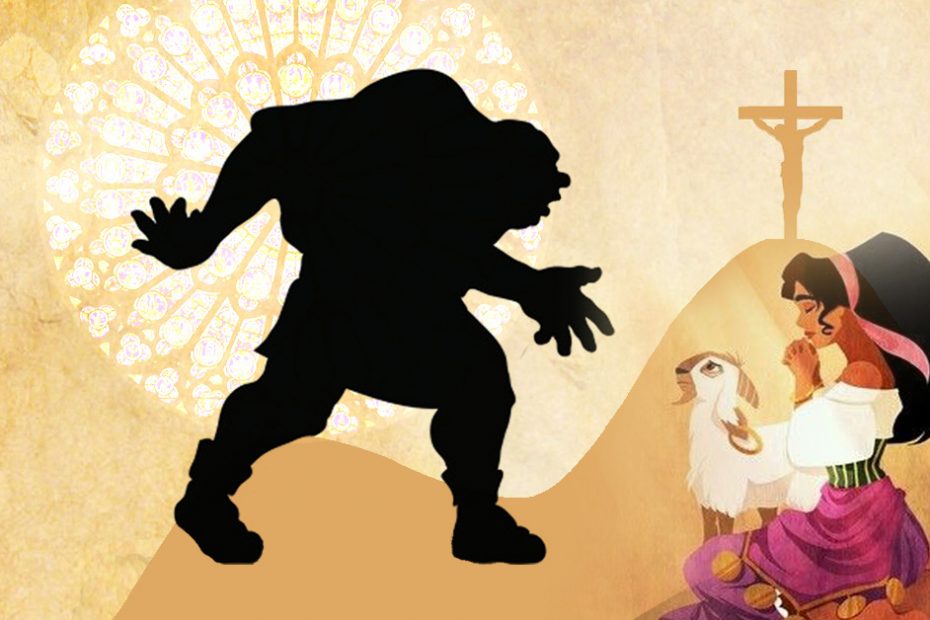Shame is crippling and difficult to discuss openly. Yet Quasimodo and Frollo provide an excellent platform to explore shame, its effects and the means to be free from it. Learn what this Disney classic can teach about vulnerability, and the God who became an outcast first.
Scene where Esmerelda meets the bound Quasimodo
Scripture quote for meditation
“Therefore, there is now no condemnation for those who are in Christ Jesus, because through Christ Jesus the law of the Spirit who gives life has set you free from the law of sin and death.” (Romans 8:1-2)
Excerpt from the episode
“Yet without acknowledging shame, it can drive our lives, and grossly limit what’s possible for our lives, as it did for Quasimodo at the start of the film, locked up in the bell tower. But let me posit this up front: shame can be even more destructive than something that cripples us… look at the example of Minister Frollo – who compared to poor Quasimodo, is actually a far more monstrous image of shame, or more accurately, shame aversion. It is Frollo’s suppression of his sexual fantasies and own murderous past that jeopardises Quasimodo’s dignity, Esmerelda’s safety, the wellbeing of the gypsies and eventually, the safety of the entire Paris. Unrecognised shame is toxic for our psyche. Carl Jung called it the “swampland of the soul”, and in another place a “soul eating emotion.” And worse, if it remains unchecked, it can then project its sorry state onto others within its reach, as it did with Frollo. As the old maxim goes, “we are only as sick as the secrets we keep.”
All soundtracks used this episode are from Disney’s 1996 The Hunchback of Notre Dame OST (songs written by Alan Menken and Stephen Schwartz), or covers of those tracks.
